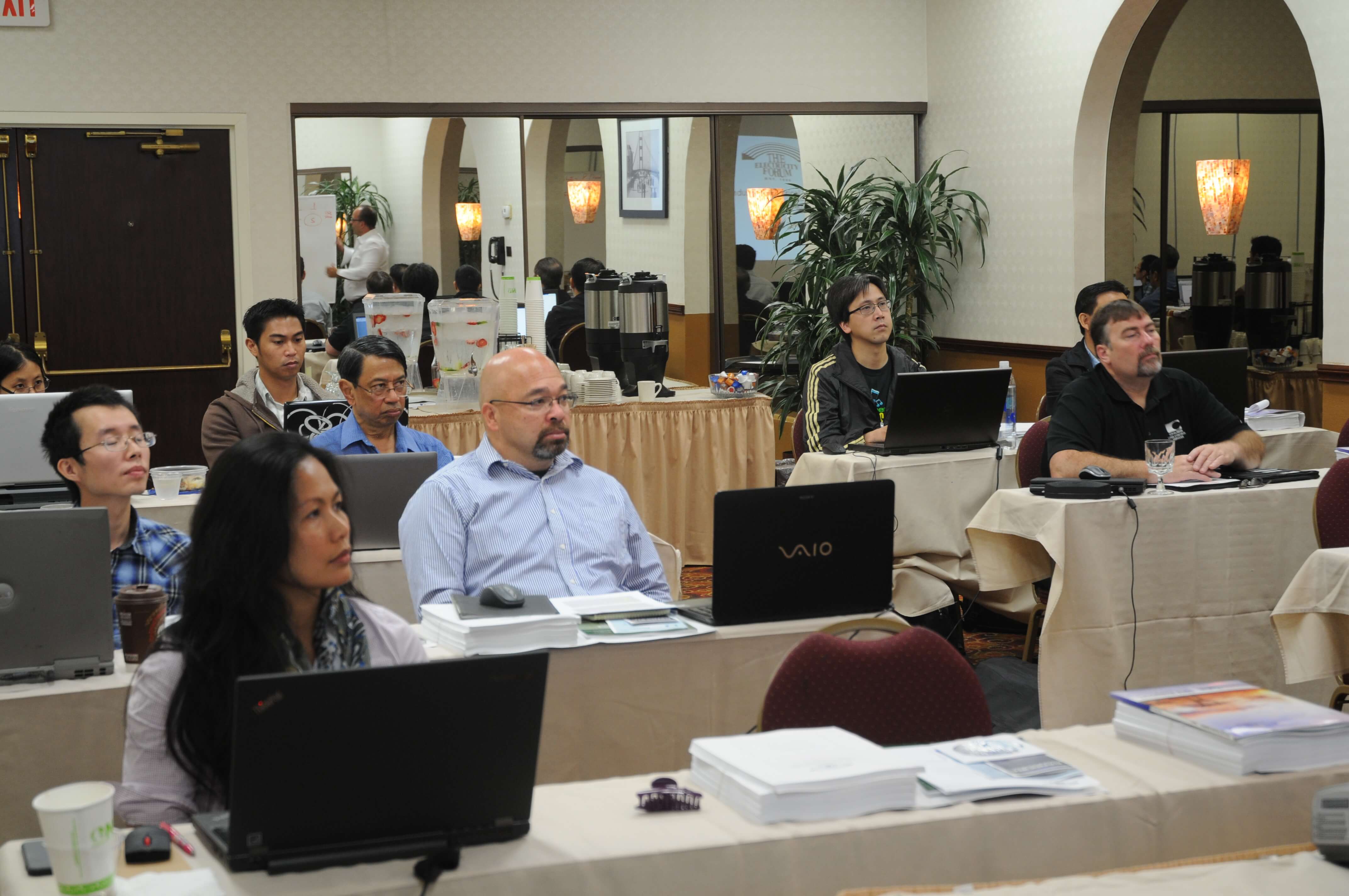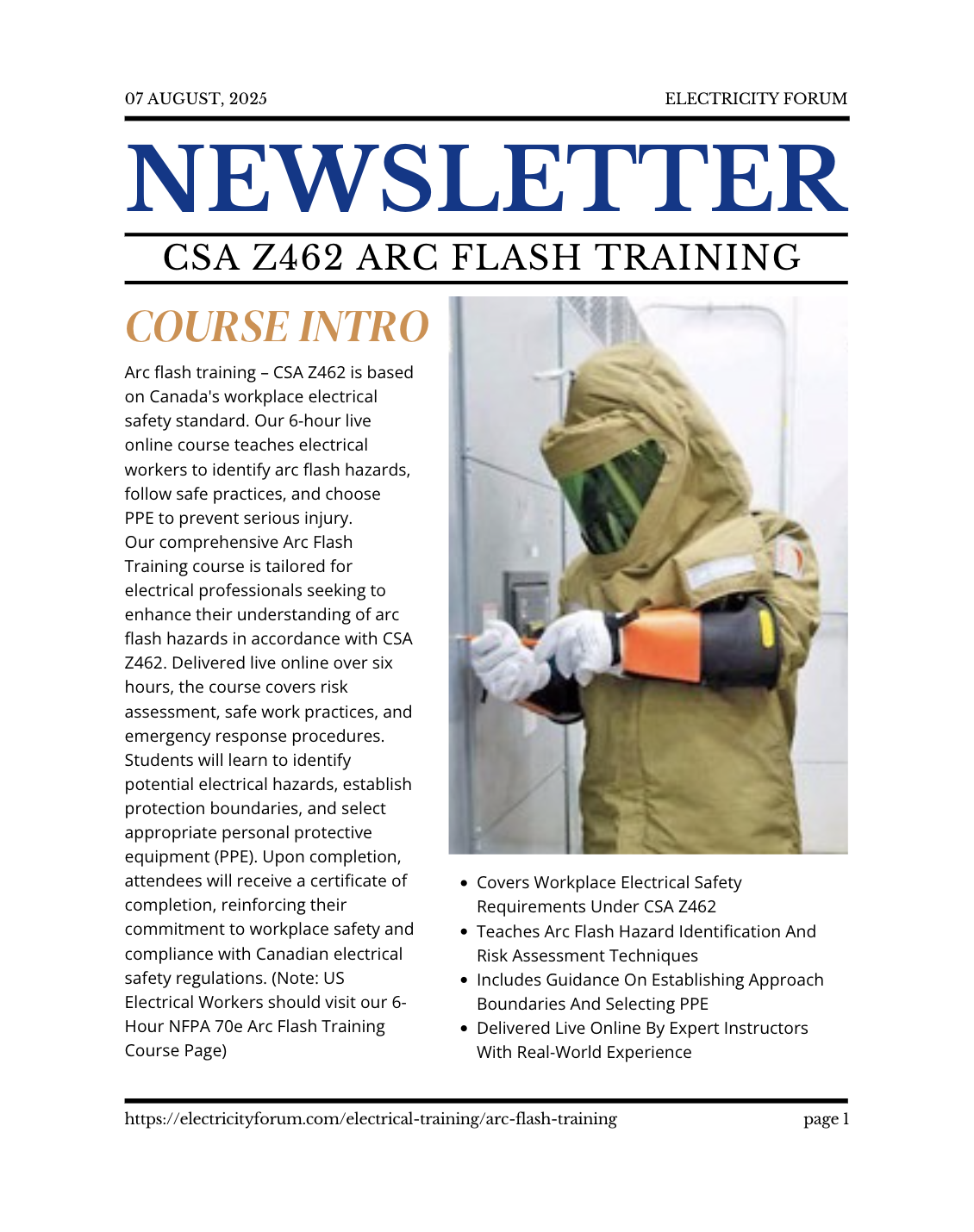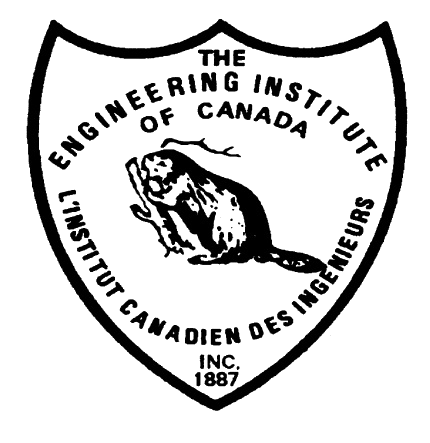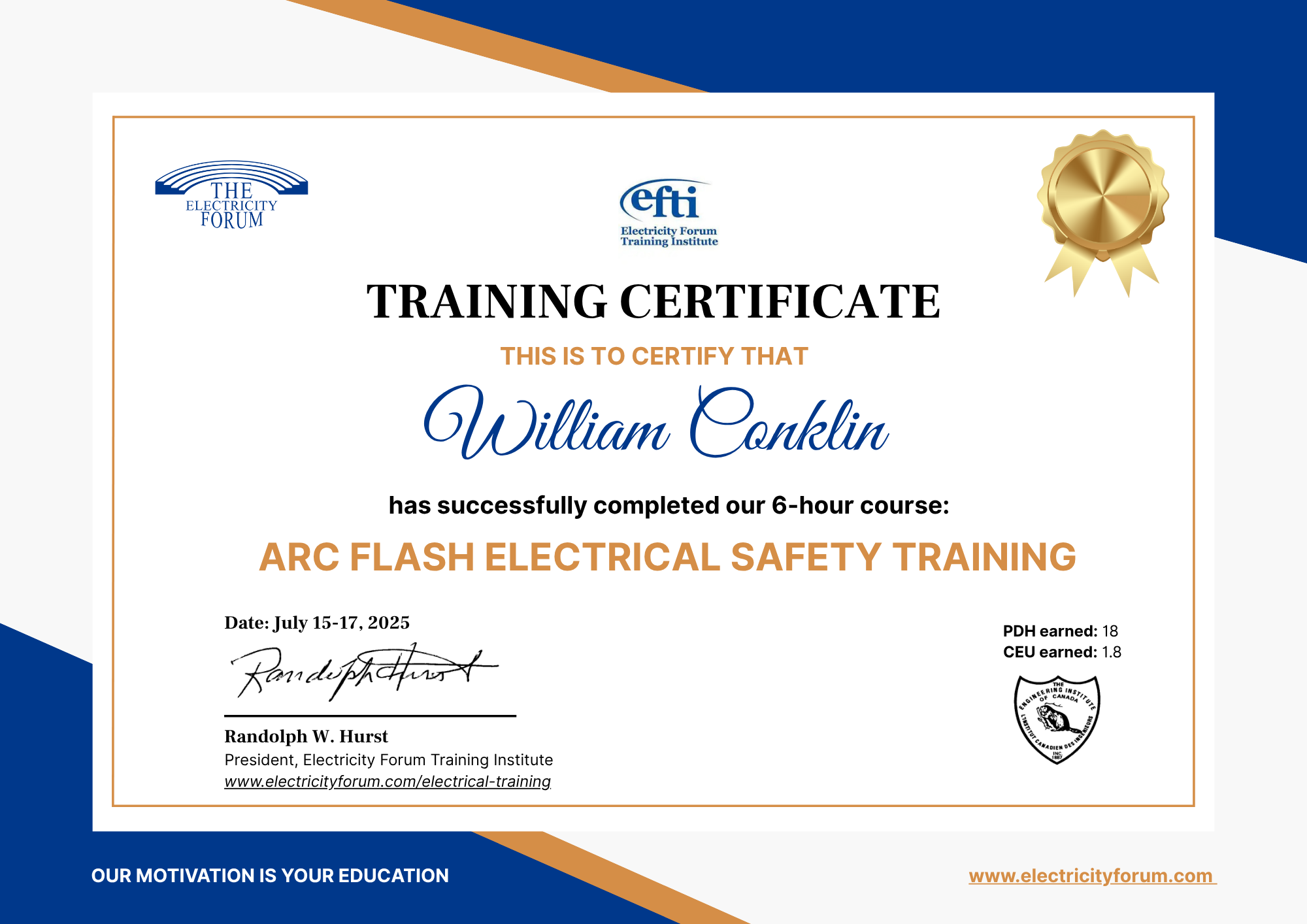UPS Battery Testing and Maintenance
DAY ONE
BATTERY BASICS
- Introduction To Various Battery Technologies
- The Objective Of Battery Design
- Universal Law Of Conservation Of Energy
TYPES OF BATTERIES
- Primary, Secondary And Reserve Types
- Dry And Wet Cell Batteries
- Lead Calcium, Lead Antimony, Value Regulate Lead Acid, Absorbed Glass Mat Batteries
- Gel Cell, Automotive And Deep Cycle Batteries
BATTERY BASIC CONSTRUCTION
- Physical characteristics
- Terminals, + And – Plates, Electrolyte, Relief Valve, Separators And Container
FACTORS TO DETERMINE BATTERY ELECTRICAL CHARACTERISTICS
- Selection Of Active Materials And Weight Of The Active Materials
- Theoretical And Practical Parameters (Voltage And Amp Per Hour)
BATTERY OPERATIONAL THEORY
- Chemical Reactions Within The Battery
- Charging And Discharging Processes
MSDS (Material Safety Data Sheet)
- Sealed Lead Acid Battery And Wet Lead Acid Batteries
- Lithium Ion Battery
BATTERY SAFETY
Arc Flash Risks
- Arc flash assessment
- Arcing Current
- Incident Energy
- Arc Fault Boundary
PPE required due to Arc Flash Risks
- Human Body Surface And Internal Resistance
- Faceshield, Coveralls, Gloves
- PPE Testing & Certification Documentation
Environmental safety
- Max & min temperatures for batteries
- Air exchanges, based on Bldg codes
- Hazardous Materials Management Plan
Tools and the risks using them
- Tools dielectric rating based on voltage
- Closes safe approach on live cone connections
- Short circuit Current carrying capacity of tools
- Clap meter ratings, AC versus DC
- FLIR camera use
OSHA AND NFPA REVIEW
- Occupational Safety And Health Standards
- National Fire Prevention Standards
BATTERY SIZING DETERMINATION
- KW And KVA Of Electrical Equipment
- Efficiency Of Electrical Equipment
- Battery Watt Per Cell Calculation
- Selection Of Battery, Number Of Cells, Number Of Battery Units And Number Of Cells Per Battery Block
- Single Or Shared Battery Configuration Considerations
DAY TWO
BATTERY SHIPMENT AND RECIEVING
- Visual Inspection (External And Internal)
- Concealed Damage, Housing Damage And Cracking
- Battery Storage Location, Tie Restriction And Handing
INSTALLATION COORDINATION AND BEST PRACTICES
Equipment movement & placement
- Weight loading, raised floor vs concrete floor
- Seismic provisioning
- Anchoring, Configuration
Bonding & Grounding
- Bonding with respect to raised floor systems
- Grounding requirements as per CEC and NEC
Cable management
- Best practices for Teck vs conduit
- Sizing and terminations
Contractor issues
- Recommended pre-commissioning checklists
- Coordination with GC for HVAC and structural provisions
- Environmental requirements for decommissioning old units during equipment swaps
- Eye Water Station
BATTERY CHARGING
- Charger Selection
- Switching Mode, Linear, Shunt, Chopper, Pulsed, USB And Inductive Types
CHARGING METHODS
- Constant Voltage, Constant Current, Pulsed Trickle, Slow And Fast
NATURE OF CHARGING
- Initial (Equalization) Normal Float, Termination Time & Temperature Relationship
CHARGER PERFORMANCE
- Voltage & Current Regulation, AC Ripple, Efficiency, Inrush Current, Power Factor, 2nd Current Limitation
WET CELL BATTERY INSTALLATION CERTIFICATION
- Third Party Battery Inspection
- Initial And Final Open Battery Voltage And Battery Specific Gravity Measurement
FACTORS AFFECTING BATTERY PERFORMANCE
- Battery Voltage, Nature Of Discharging, Charger Voltage Regulation, AC Ripple,
- Impurity Of Battery Active Material, Internal Battery Temperature, Charging
- Methods, Number Of Deep And Normal Discharging And Battery Aging
VRLA BATTERY THERMAL RUNAWAY
- Battery Internal Impedance And Temperature Relationship
- Causes And Prevention
BATTERY MAINTENANCE
- Monthly, Quarterly And Annual Check Lists
- System Voltage, Charger AC Ripple, Internal Battery Temperature
- Electrolyte Level, Specific Gravity, Individual Cell Voltage, Internal Ohm
- Inter-Cell Resistance Housing, Terminals Corrosion, Pole Discolor And Leaking
BATTERY CLEANING
- Battery Individual Cell Posts And Connectors, Safety Precautions And Cleaning Materials
SIGNS OF BATTERY FAILURE
- Electrolyte Levels, Plates Deformation, Sediment, Sinking Poles And Abnormal Heat
IEEE 450-2010 STANDARD
- Review Key Points With The IEEE 450
- Protective Equipment, Duration Of BM, State Of Charging Determination
- Capacity Testing Method, Time Adjustment, Temperature Factor Method And Rated Battery Adjustment Method
BATTERY TESTING
- R And Z Relationship With Heat
- Internal Self-Discharging
- Battery Impedance And Resistor Type Testers, Ground Fault Condition And Detection
- Battery Replacement Guidelines
COURSE TIMETABLE
Start: 10 am ET
Finish: 4:30 pm ET

















